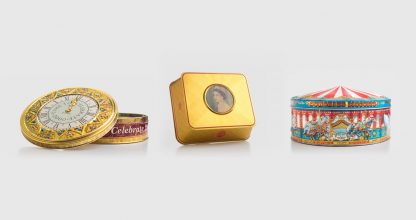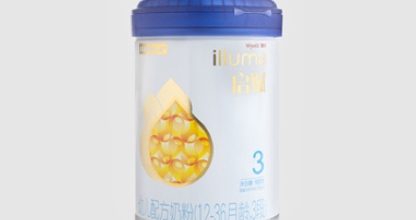Insights: Metal packaging – the sustainable choice
Metal packaging
With the industrialised world requiring both productivity and sustainability, many manufacturers are realising that metal, which is infinitely recyclable, is a positive choice.
We can’t escape the fact that some products and liquids have to be packaged in order to transport them. Packaging not only provides convenience, but fulfils a vital role in ensuring products are undamaged, therefore reducing waste and loss of precious resources.
Reducing waste
Metal packaging for food can help reduce waste in a number of ways. A tin is able to preserve the nutritional integrity of food, generally without the need for preservatives, giving it an extraordinary shelf life. Metal is a highly effective barrier to oxygen and also protects against UV light – important to products such as craft beer.
Packaging which is tough, unbreakable and difficult to tamper with ensures that products don’t get wasted through spillage. More importantly metal packaging protects human health by ensuring products arrive with consumers unadulterated from accidental or deliberate means.
Roughly one third of the food produced in the world for human consumption every year — approximately 1.3 billion tonnes — gets lost or wasted.
Recycling, not recycled content, is what matters
The benefits of all packaging should be weighed up against the availability of natural resources and the environmental impact of rubbish. If a product made entirely from recycled material ends up in landfill, or our oceans, the fact that it has been recycled is little consolation, especially if it degrades into elements which are harmful to the planet.
What we should all be doing is ensuring that all material that can be recycled is, rather than landfilled or dumped into the oceans.
- Did you know that metal is the most recycled packaging material?
74.7 % of metal packaging is recycled in Europe, making it the most recycled packaging. We aim for this to be 80% by 2020
Infinitely Recyclable
When metal products reach the end of their useful life, the materials can be recycled again and again with no loss of their inherent properties, making them permanently available materials. Renewable materials, such as wood, require you to replace the tree you are chopping or pulping with a newly planted tree to continue the cycle of sustainability. Metal provides the perfect example of a circular economy through its infinite recyclability.
Recycling metal also makes real economic sense as it saves between 70% and 90% of the energy that would be needed to extract raw materials.

Touching on plastics
During his most recent TV documentary, Blue Planet II, David Attenborough highlighted the effects that microplastics are having on the lives of sea-based animals and the ecosystem itself. Back on land, plastic particles are finding their way into the food chain. The recent study by Orb Media/State University of New York proved that 93% of bottled water tested showed signs of microplastic contamination. While governments and scientists around the world look for solutions, manufacturers would do well to consider how much of their packaging could be made from metal in future, and for the future.
Up to 80% of all metal ever produced in the world is still available for use.
Previous / All Insights / Next


